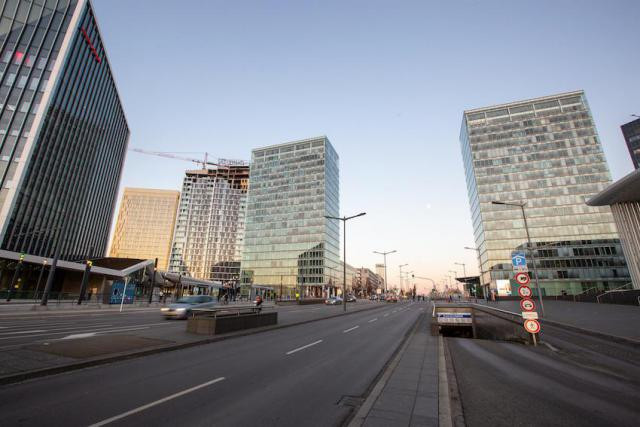National statistics office Statec said financial sector jobs in the grand duchy increased 2% in the first half of 2020. This compared to an 0.4% decrease in jobs across the eurozone countries.
Luxembourg job growth in the financial sector was slower than in previous years, when it was driven by post-Brexit job creation. And a closer look reveals that the increase was mostly due to jobs in investment and pension funds, and insurance companies. Around 430 jobs were lost within the banking sector (-1.6%).
This despite the fact that banks cashed in on market volatility at the start of the pandemic. An increase in transactions during the first quarter of 2020 resulted in a 23% increase in commissions year-on-year.
With Luxembourg’s banking sector dominated by custodian banks and private banks focused on asset management, rather than personal banking, this result far exceeded the eurozone increase of 7%.
On the other hand, interest income is restricted by low rates and pandemic moratoriums. At the same time the costs of risk have increased with the crisis, Statec said in its report.
The net profit of banks in the eurozone relative to their equity fell from 7% to 0.5% between the second quarter of 2019 and the second quarter of 2020. In Luxembourg, it fell only slightly, from 6.8% to 6.1%.
The end of moratoriums and government financial aid to companies will reveal the real financial situation of companies and their ability to repay their loans, Statec warned. While Luxembourg banks are less exposed to sectors hit by the pandemic, the agency said the risk could weigh on 2021 financial results.
Only around 15% of outstanding loans in Luxembourg are tied to the hospitality industry, retail, transport and arts and culture, Statec said. This compared to more than 45% in Greece and Cyprus.
Despite a low rate of non-performing loans so far, Statec said Luxembourg banks had begun implementing stricter rules on issuing loans, which could negatively impact the real estate sector in the long run. Higher margins and risk premiums, for example, could slow down investment over the coming years, Statec said.
